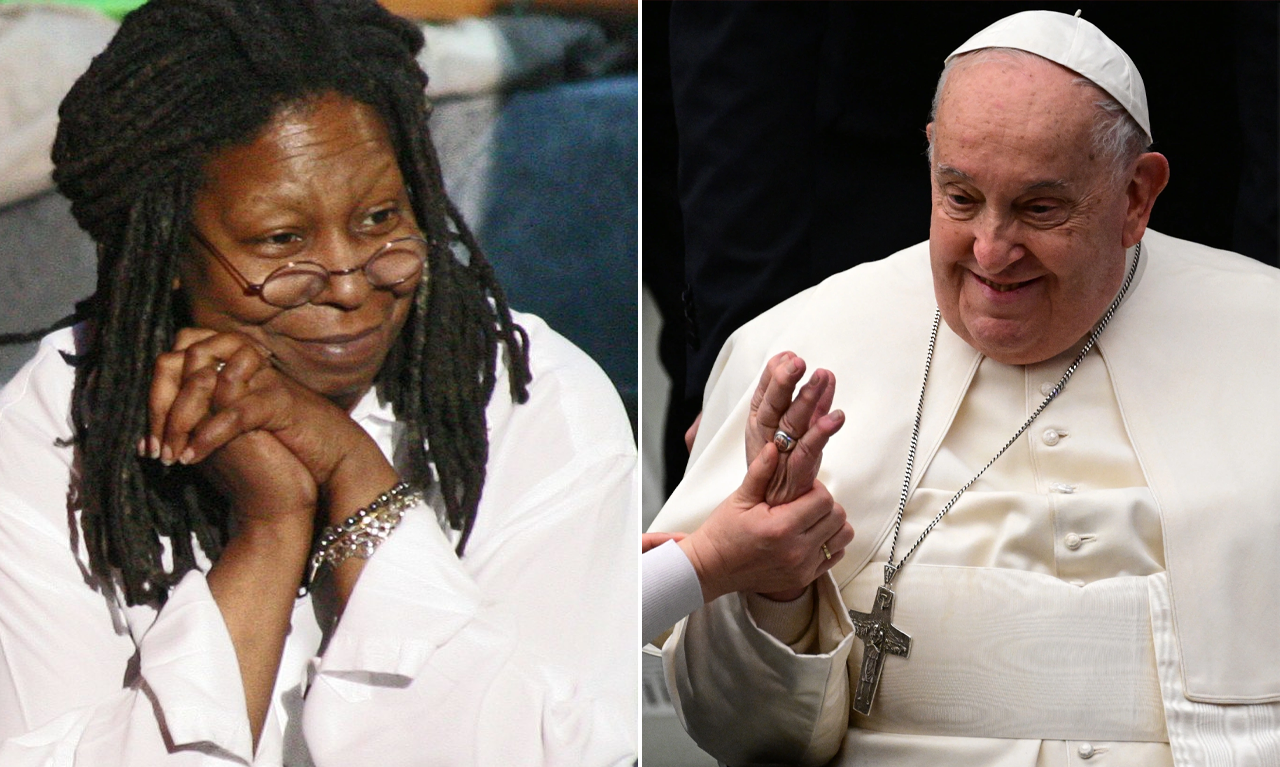In a world increasingly marked by division, Pope Francis stands as a beacon of inclusivity and compassion. Among modern spiritual leaders, he is perhaps the closest in a long time to seeming to remember — and fully embody — the radical, boundless love of Christ, a love that transcends boundaries of faith, nationality, race, and belief. His papacy is a reminder that Christ’s love embraces not only the devout but also the doubtful, not only the churched but the unchurched. In this way, Pope Francis echoes the legacy of Pope John XXIII, the beloved “Good Pope,” who opened the doors of the Church to the world with warmth and humility.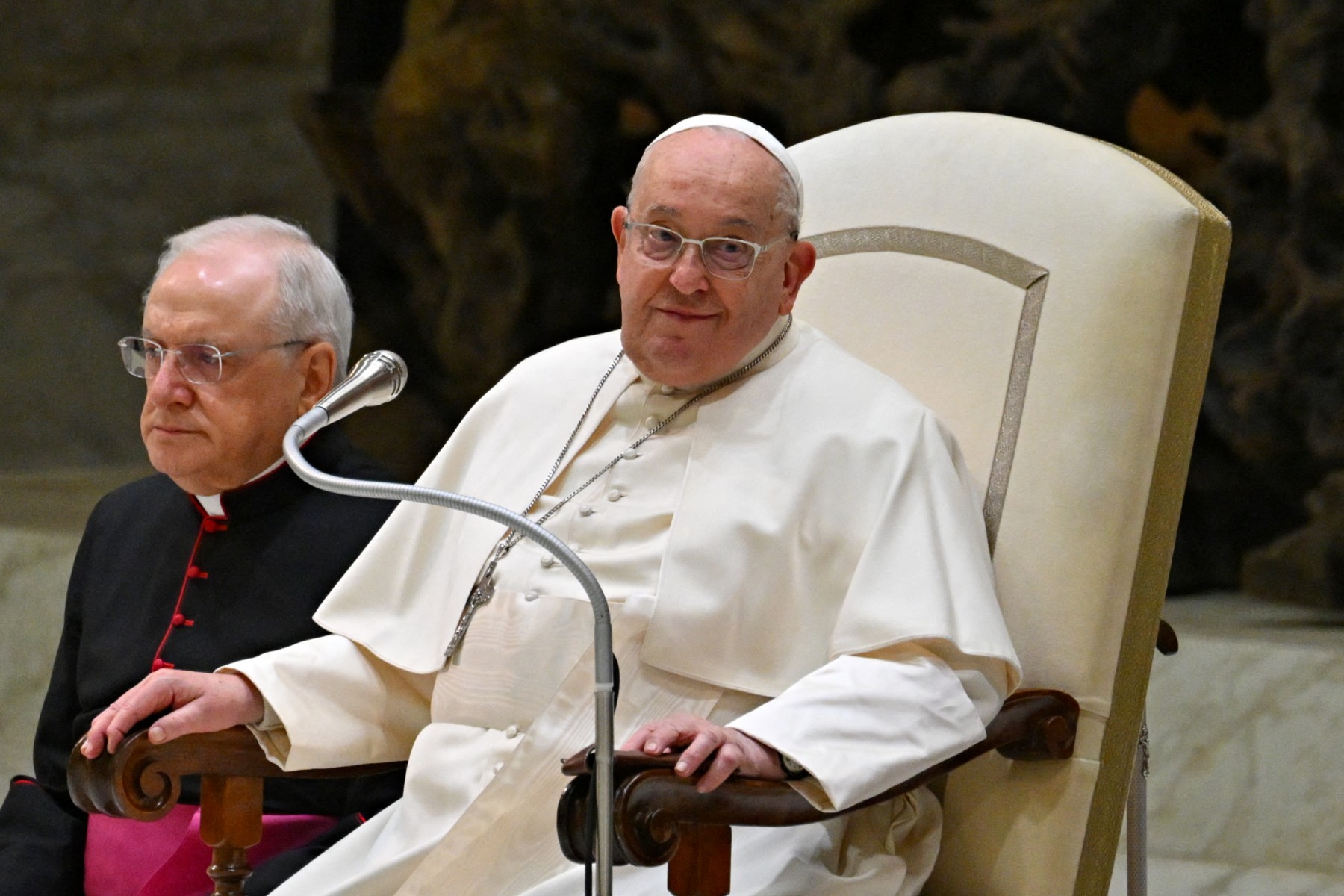
Since his election in 2013, Pope Francis has redefined what it means to be a spiritual leader in the 21st century. Rejecting the trappings of power and luxury often associated with the Vatican, he has instead chosen a path of simplicity, sincerity, and deep concern for humanity’s most vulnerable. His decision to live in the modest Vatican guesthouse rather than the traditional papal apartments was one of the first signs of his pastoral heart. More than just a symbolic gesture, it demonstrated his commitment to humility and closeness to the people.
But it is Pope Francis’s approach to love — not just Christian love, but universal love — that sets him apart. His messages are laced with compassion, reaching out to those on the margins of society: refugees, the poor, the sick, the imprisoned, and the misunderstood. His teachings reflect a Christ who welcomes all with open arms, without judgment or prejudice. It’s a vision of the Church not as a fortress to defend but as a field hospital to heal.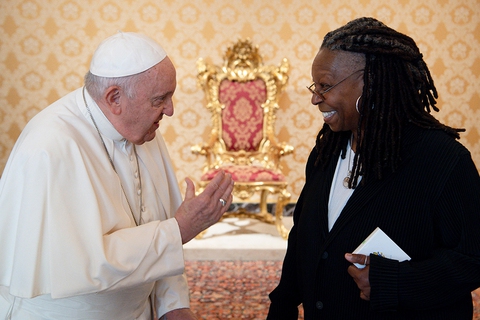
Pope Francis has also been a vocal advocate for interfaith dialogue and has repeatedly emphasized the need for unity among all people. In his visits to nations with significant Muslim, Jewish, and Buddhist populations, he has consistently preached mutual respect and understanding. His historic meeting with Grand Ayatollah Ali al-Sistani in Iraq in 2021, for example, sent a powerful message of peace and coexistence. Such actions are not mere diplomatic gestures — they are a lived theology of love in action.
For many, Pope Francis feels more like Pope John XXIII than any of his immediate predecessors. John XXIII, who convened the Second Vatican Council, is remembered for his joyful spirit and revolutionary openness. He once said, “We are not on earth to guard a museum, but to cultivate a flourishing garden of life.” Pope Francis seems to carry this spirit forward — not guarding the past, but engaging with the present, ever hopeful for a better future.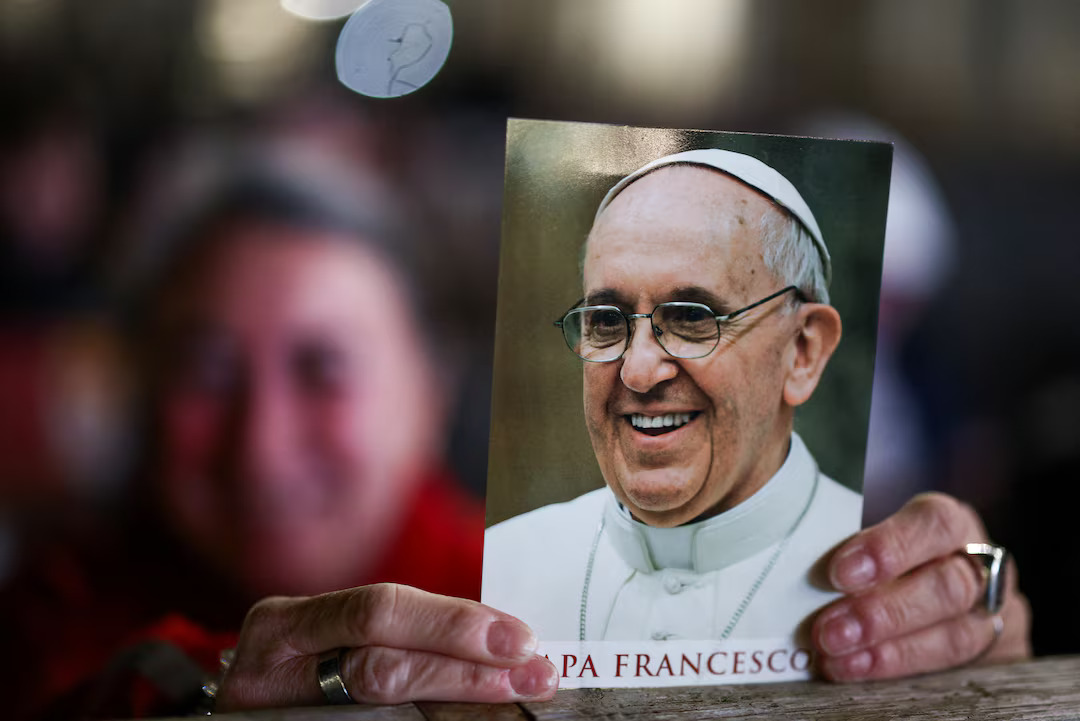
One of Francis’s most endearing traits is his humanity. He laughs. He jokes. He hugs children. He embraces the elderly. His smile is warm and real, and his words often brim with poetic simplicity and depth. Whether he’s washing the feet of prisoners or reaching out to a transgender person with kindness, Pope Francis acts out his beliefs with consistency and courage. His leadership reminds the world that love is not abstract — it is relational, grounded in daily acts of mercy and justice.
Of course, Pope Francis has not been without critics. His more liberal views on issues like LGBTQ+ rights, climate change, and economic justice have caused tension within conservative circles. Some accuse him of diluting doctrine or being too political. Yet for many others, he represents a return to the roots of Christianity: love, service, and inclusion. In an age when institutional religion is often seen as distant or irrelevant, Pope Francis makes faith feel real, tangible, and profoundly human.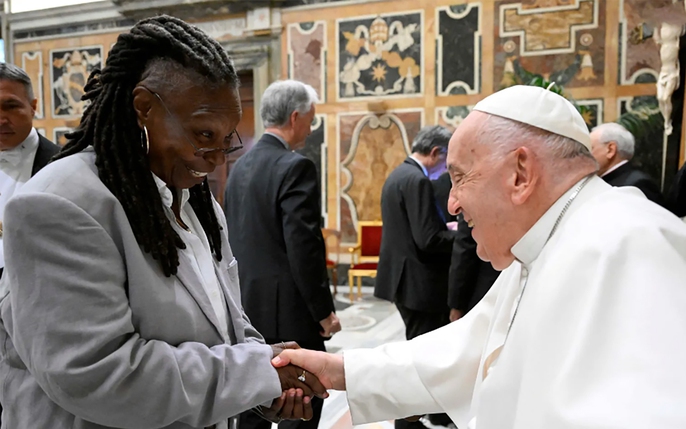
As the world continues to sail through turbulent waters, the presence of a pope like Francis offers a steadying force. He does not offer easy answers, but he offers hope. His compass is not ideology but compassion. His faith is not loud but deep. And his vision of the Church — as a place where all are welcomed, loved, and cherished — breathes life into the weary hearts of many.
So, sail on, Pope Francis, with your love of humanity and laughter. In your voice, many hear echoes of Christ’s own, calling us not to walls but to bridges, not to fear but to faith, and above all, not to judgment but to love.
